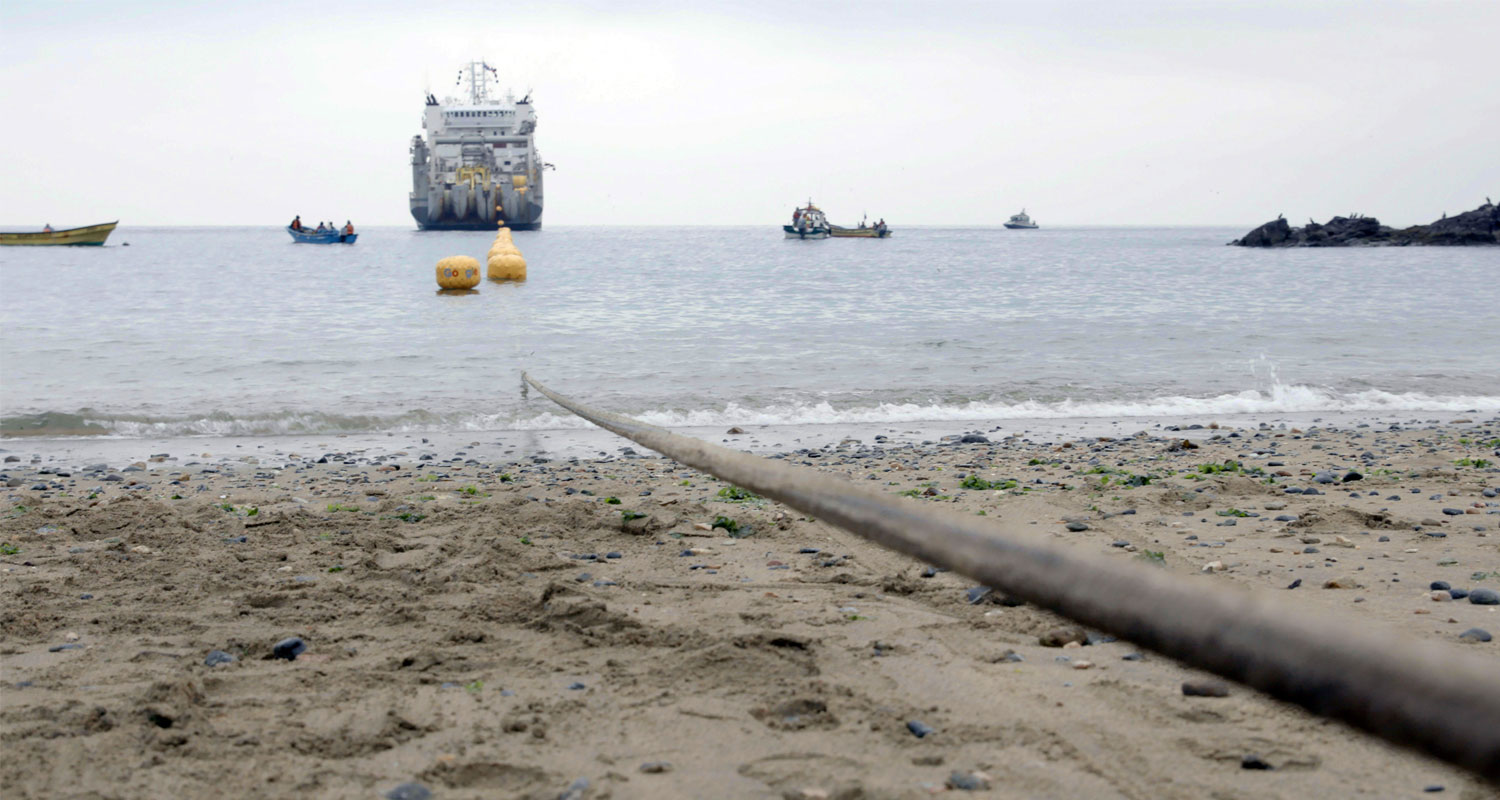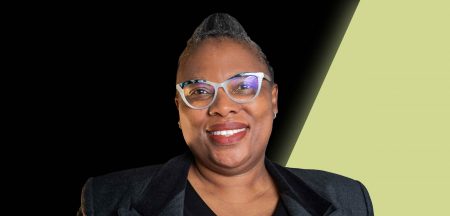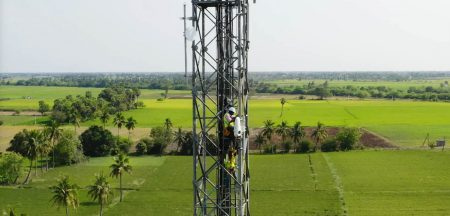
The impact of not two but three broken undersea internet cables off Africa’s west coast has been largely offset after various infrastructure providers offered alternative routes for internet service providers.
TechCentral reported on 7 August that the West African Cable System (Wacs) between South Africa and Europe, and the older Sat-3 system, which follows a similar route, had both been damaged off the coast of the Democratic Republic of Congo. It has now transpired that the Ace cable, which also runs the length of Africa’s west coast, has been affected, too.
It is suspected a rockfall in the subsea Congo Canyon caused the cables to break, state-owned fibre operator Broadband Infraco has said.
The cable breaks resulted in slow internet for many South African business and residential users, especially when accessing international websites. However, the situation has slowly started to normalise as ISPs pay for access to new routes to carry their traffic abroad.
The broken cables are unlikely to be repaired before next month as a specialised cable ship could take weeks to reach the repair site where it must lift the broken cables from the ocean floor in order to fix them.
On Thursday, though, Angola Cables said the impact of the cable breaks has been minimised through internet traffic being rerouted on other cables.
Angola Cables chief technical officer Lucenildo Júnior said: “We have been working with our industry partners to assist impacted customers and businesses efficiently deliver their content and data by automatic rerouting of traffic via the Sacs cable exiting Africa from Angola, to Brazil and US via the Monet cable and onwards to the UK and Europe.”
Packet loss
The company said ISPs and operators using third-party content delivery platforms such as Akamai and Lumen may still be experiencing slow internet speeds or even “packet loss” as some of their content may not be cached in South Africa and has to be rerouted across congested international routes – especially during peak periods.
“This situation can be averted by having direct connections to content hubs or nodes in the US. At the same time, companies like Cloudflare and others who provide protection against cyber threats and distributed denial-of-service attacks could benefit from connecting to nodes in the US should connectivity be compromised in other geographies,” said Júnior.
Read: Twin cable breaks impacting SA internet
“Current indications are that repairs to the cable fault will only be completed in mid-September as the cable-laying repair vessel, the Léon Thévenin, makes its way to the site of the cable breaks.”
Liquid Intelligent Technologies subsidiary Liquid Dataport, meanwhile, said it has witnessed a “surge” in internet traffic on the new, Google-built Equiano cable system, which also runs along Africa’s west coast. Handily, Equiano came into commercial service just months before the cable breaks occurred. – © 2023 NewsCentral Media




